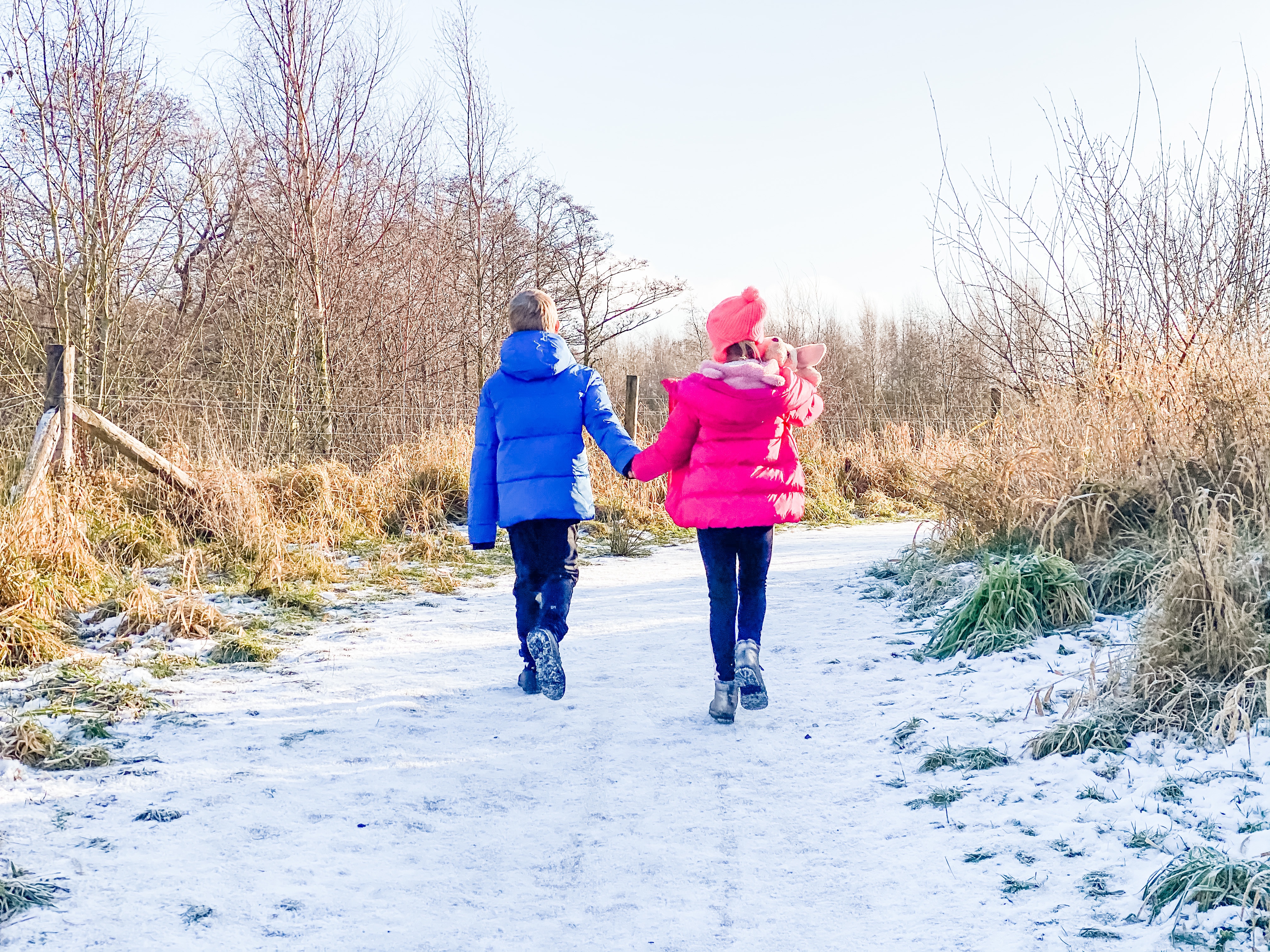Last updated on September 6th, 2022 at 09:37 am

Every parent wants their children to grow up with self-confidence and self-esteem. It can be difficult to know what to do as there is conflicting advice out there. There are so many factors that can affect a child’s confidence, that it’s difficult to know where to start. What causes low self-esteem in children and how can parents try to build it up?
Comparing themselves to their peers
We seem to spend our lives comparing ourselves to other people. It starts young. Doctors believe that comparing ourselves to others starts at an early age, between six and 11. . In some cases, this can be an easy fix if the cause of their issue is can be changing a hairstyle or straighten your teeth. These things may seem superficial but can have a profound effect on a child’s confidence.
If your child’s low self-esteem is rooted in the appearance of their teeth, you can check out this Cosmetic dentist in Clackamas to have their teeth checked and fixed. Although superficial, it could be a stepping stone for them in gaining confidence.
Feeling like they aren’t good enough
Kids can feel like they aren’t doing as well as their friends in certain areas. If this is a skill they place importance on, then they can feel inferior and like they’ve let people down.
Feeling pressured
It’s a lot different to be a kid in today’s society. When they’re very young, we applaud kids for pretty much anything. Standing, walking, going to the toilet. As they get older, this praise becomes less and less. Kids start to feel pressure to perform.
As this pressure increases, kids see the lack of praise as disapproval. If this is from someone that they love and respect, it can dent their confidence to a huge extent.
How parents can build a child’s self-esteem
It’s never too early to start encouraging your child’s self-esteem. A loving, encouraging environment. Many years ago, the advice used to be to not coddle your child or pay them too much attention, as it would prevent them from becoming independent and building their confidence. That’s style has been largely disproven now. Support and attention give a baby a feeling of safety that lets them explore their new skills.

Encourage learning
Teaching kids new skills are great for both their physical and mental development. It could be something like learning to ride a bike or use their knife and fork properly. It helps them to feel supported when going through periods of change.
Praise effort
It’s easy to give praise when you’re child good at something, but this could actually backfire. Try and praise effort, rather than talent. It will encourage your child to try new things and not be scared to avoid things they aren’t immediately good at.

Model good behaviour
Don’t fall into the parenting habit of ‘do as I say, not as I do’. Set a great example for them by being confident in yourself, tidying up, looking after items, etc.
Don’t say something you’ll regret
Even if you’re children are acting up, try and stop yourself from saying anything too harsh that you’ll regret later. It may just be a momentary lapse for you, but it can be something that stays with them forever.
Final thoughts
Self-esteem is such a precarious thing, even in adults. Knowing what affects your child’s confidence and how to support them is a great step in creating the right environment for your kids to thrive.
*collaboration






